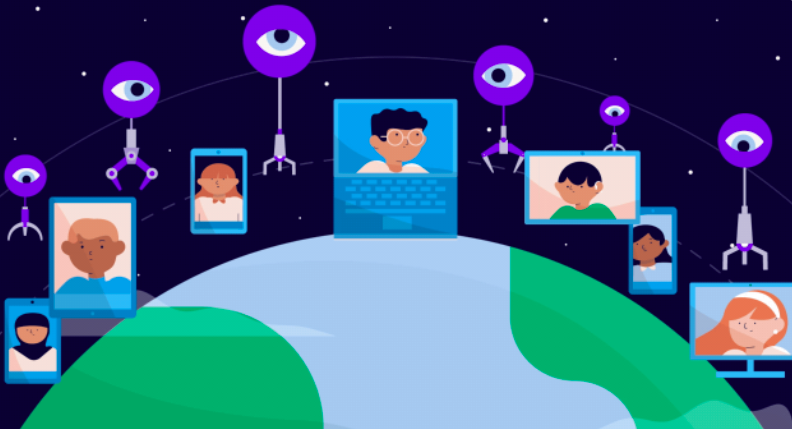Human Rights Watch Report: Students privacy violated by education technology products

Human Rights Watch has recently published its report on children’s rights violations committed by governments that endorsed online learning during the Covid-19 pandemic. The report is a global investigation of the education technology (EdTech) endorsed by 49 governments for children’s education during the pandemic. Human Rights Watch finds that governments’ endorsements of the majority of these online learning platforms put at risk or directly violated children’s privacy and other children’s rights, for purposes unrelated to their education.
Human Rights Watch conducted its research between March and August 2021. Of the 164 EdTech products reviewed, 146 (89%) appeared to engage in data practices that put children’s rights at risk. These products monitored or had the capacity to monitor children, in most cases secretly and without the consent of children or their parents. Most online learning platforms installed tracking technologies that trailed children outside of their virtual classrooms. Most of them sent or granted access to children’s data to third-party companies, usually advertising technology (AdTech) companies. Access to these insights could then be sold to anyone—advertisers, data brokers, and others—who sought to target a defined group of people with similar characteristics online. Human Rights Watch observed 146 EdTech products directly sending or granting access to children’s personal data to 196 third-party companies, overwhelmingly AdTech. Some EdTech products targeted children with behavioural advertising.
Many governments put at risk or violated children’s rights directly. Of the 42 governments that provided online education to children by building and offering their own EdTech products for use during the pandemic, 39 governments, including EU countries, produced products that handled children’s personal data in ways that risked or infringed on their rights. Some of these governments made it compulsory for students and teachers to use their EdTech products. Most EdTech companies did not disclose their surveillance of children through their data and did not allow their students to decline to be tracked.
The report includes a number of recommendations addressing governments, ministries and departments of education, education technology companies, advertising technology companies, and other third-party companies that may receive data from EdTech products. The main goal of the proposed actions is to build safe access to online learning environments for children and to protect their rights as well as their personal data.
The summary of the report can be found here.

